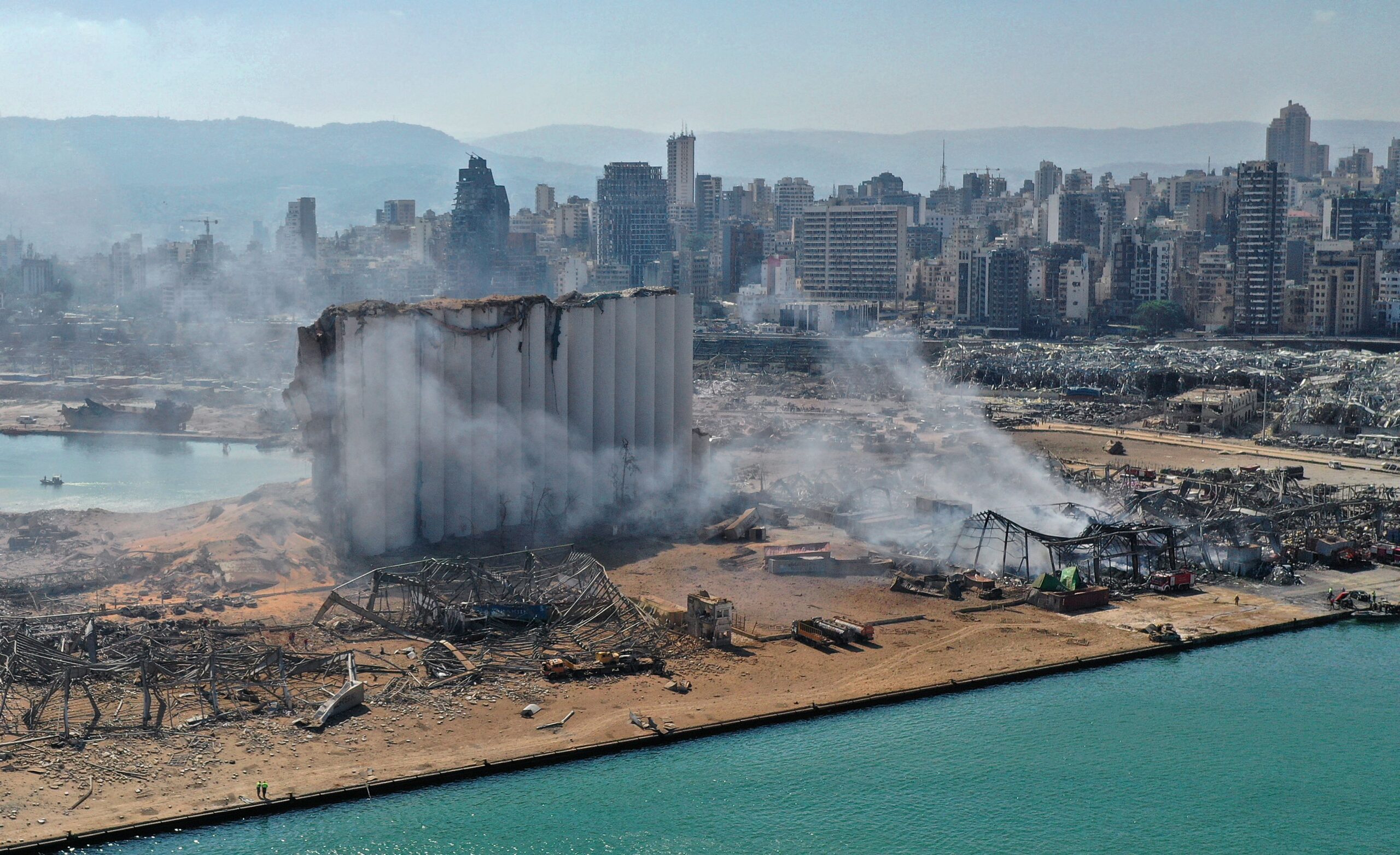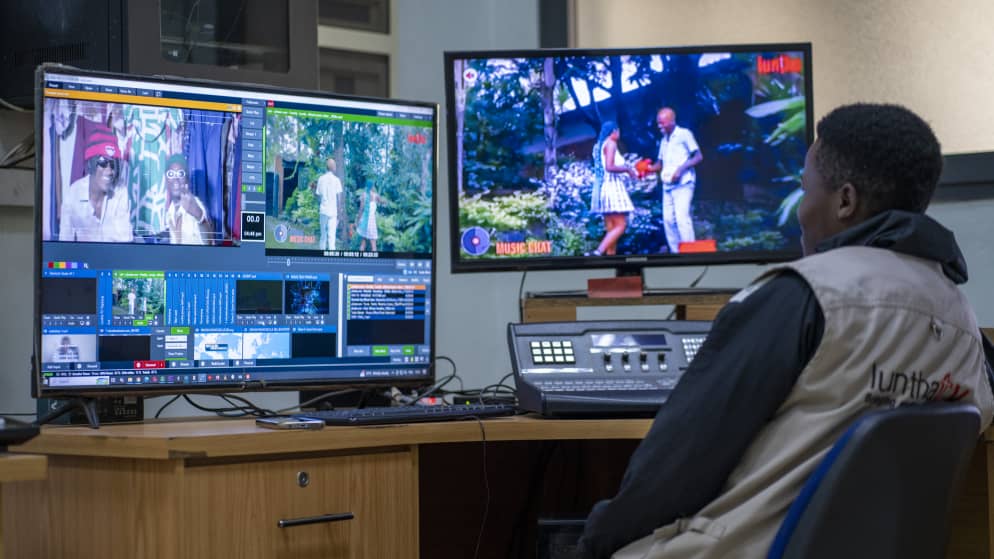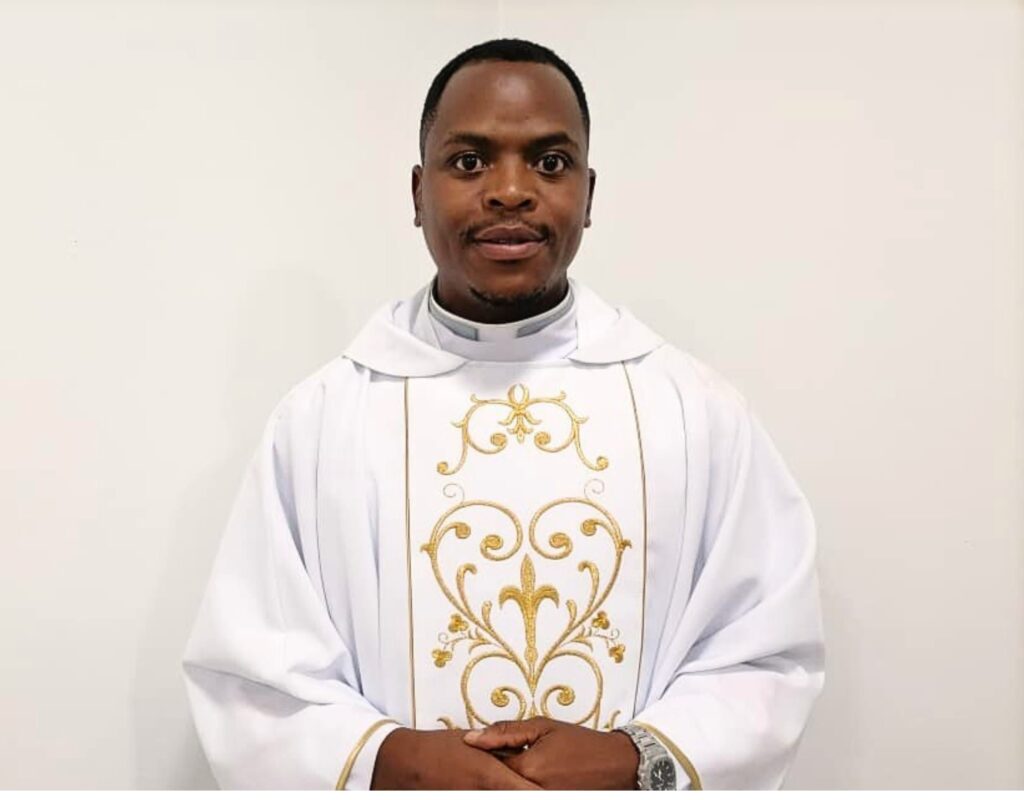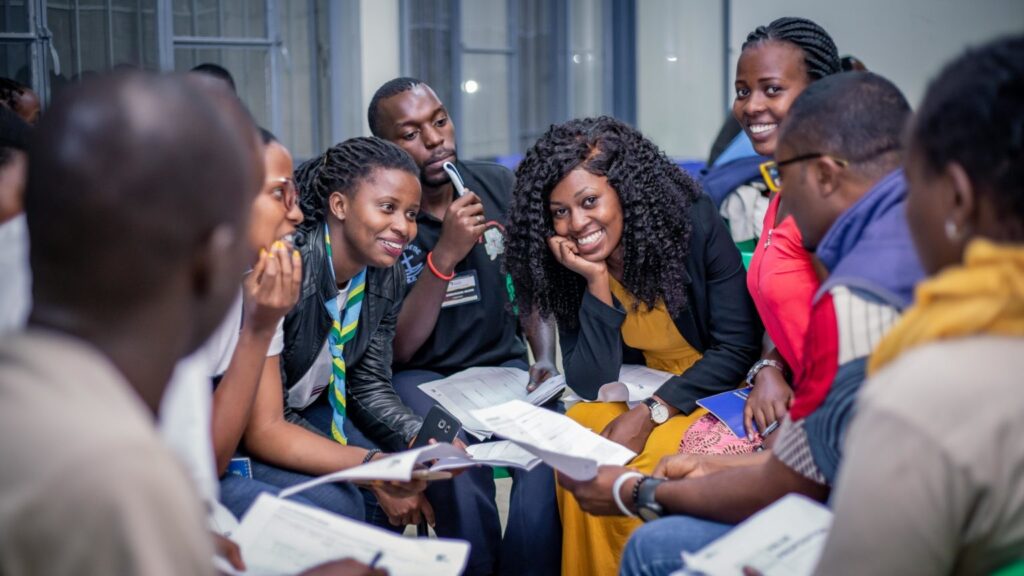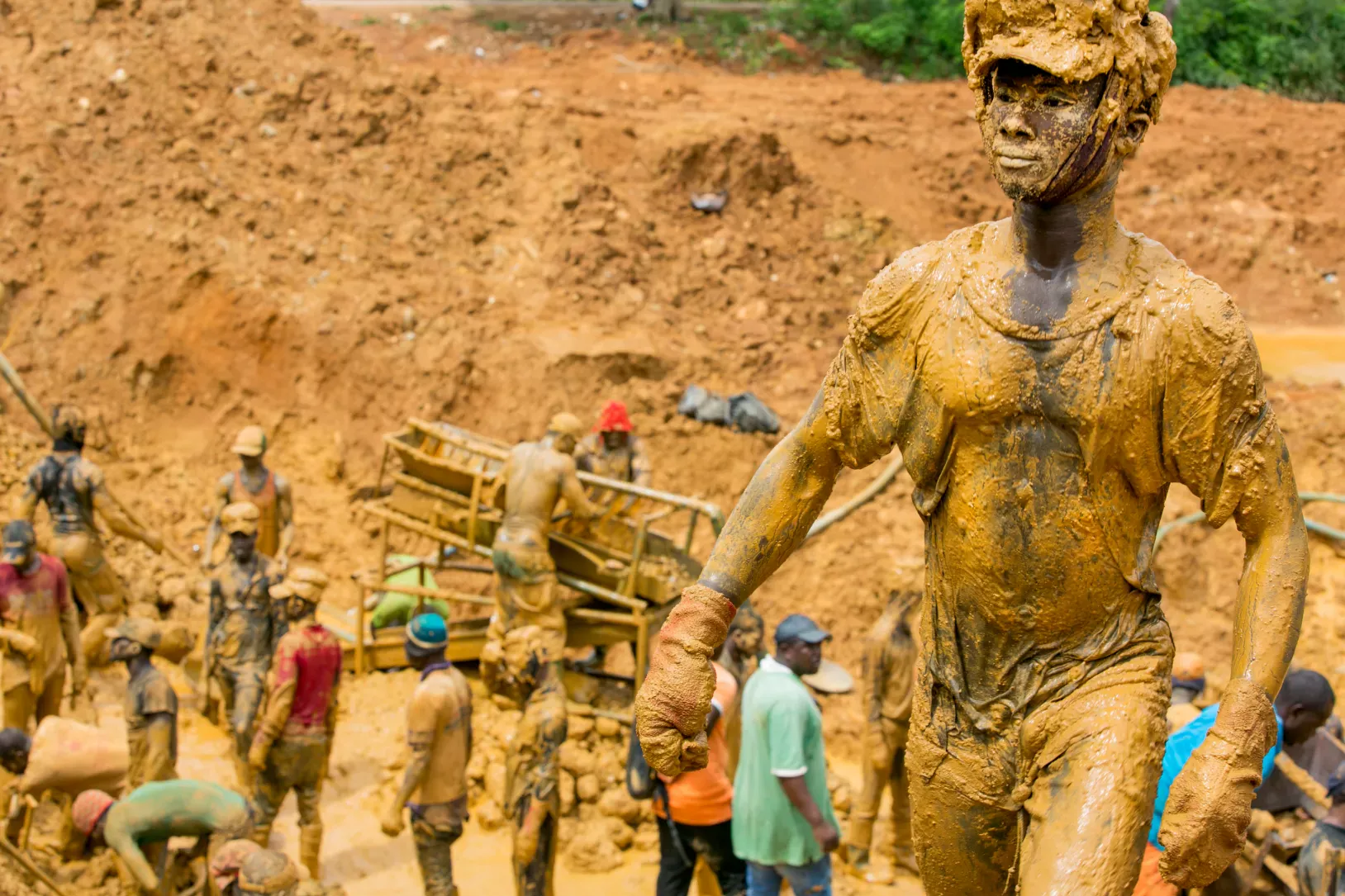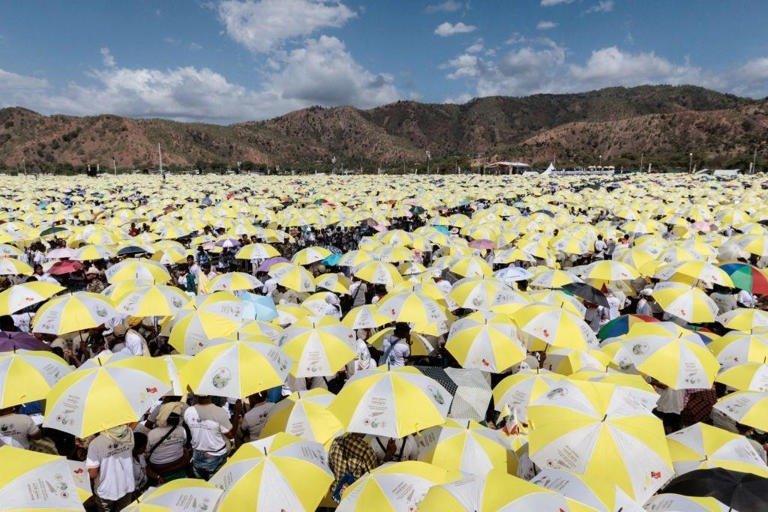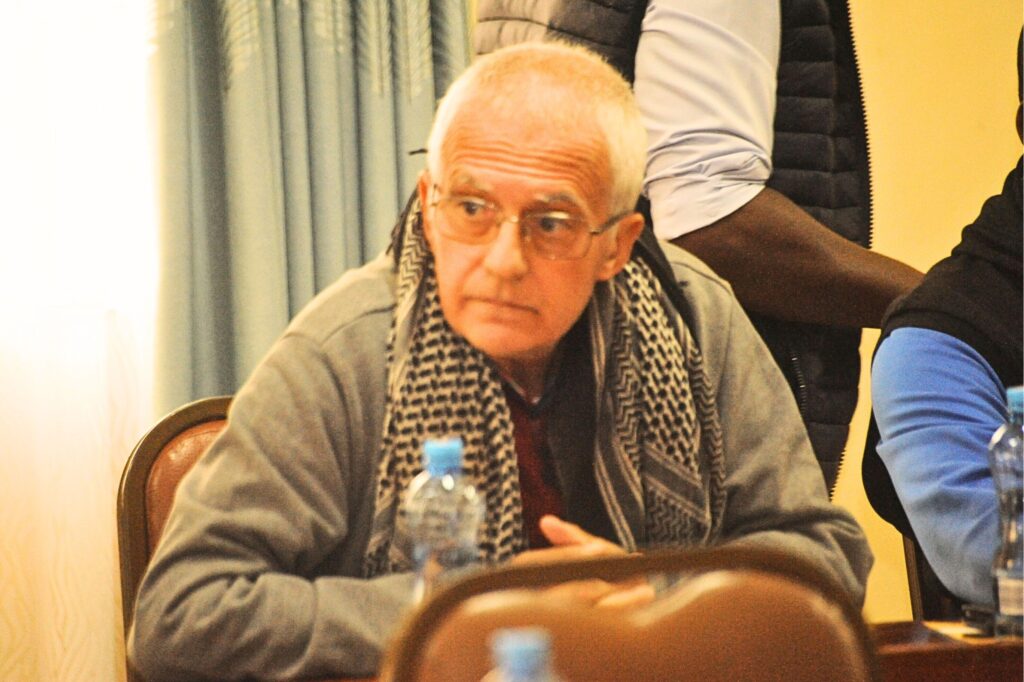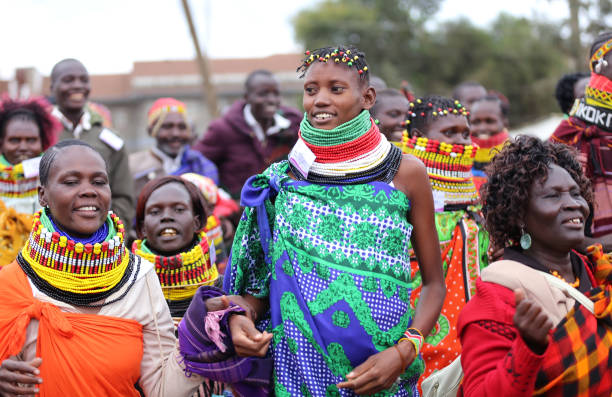The escalating conflict between Israel and Hezbollah is threatening Lebanon’s Christian community and may prevent key Eastern Catholic patriarchs from attending the Vatican’s Synod on Synodality, as air travel to Rome becomes increasingly uncertain amidst ongoing violence.
The ongoing military escalation between the Israel Defense Forces and Hezbollah is not only ravaging Lebanon but also jeopardizing the presence of Eastern Catholic patriarchs at the Vatican’s Synod on Synodality. As violence intensifies across the region, including attacks on Hezbollah strongholds in southern Lebanon, the country’s Christian community is increasingly caught in the crossfire.
According to the United Nations, over 720 people have died, and 211,000 have been displaced since the conflict escalated last week. This dangerous situation is now complicating travel plans for the Eastern Catholic patriarchs set to attend the 16th General Assembly of the Synod of Bishops in Rome. Although Lebanon’s Beirut International Airport remains open, fears of airstrikes and the cancellation of most commercial flights are making it difficult for the patriarchs to secure passage to the Vatican.
Among those expected to attend are Ignace Youssef III Younan of the Syriac Catholic Church, Youssef Absi of the Melkite Catholic Church, and Raphaël Bedros XXI Minassian of the Armenian Catholic Church. However, their arrival is uncertain due to the deteriorating security situation. Maronite Patriarch Cardinal Béchara Boutros Raï, notably absent from the list of attendees, has not officially provided reasons for his non-participation.
Hezbollah Conflict Adds to Challenges
As Israel targets Hezbollah positions, fears grow that Beirut Airport itself may soon be attacked. Despite reassurances from the Lebanese caretaker government that the airport is operational, the country’s only civilian airport could be forced to close at any moment. This uncertainty is causing further delays and anxiety for the patriarchs and other Lebanese delegates scheduled to participate in the synod.
The patriarchs play a crucial role in the synod’s discussions. As heads of their respective Churches, they have considerable influence in shaping the dialogue around key issues such as women’s roles in the Church and same-sex unions. Known for their conservative views, the absence of these leaders could diminish the representation of Eastern Catholic perspectives at the synod.
Comboni Missionaries Witness the Chaos
This perilous environment is not limited to Lebanon’s Christian leadership. The Comboni Missionaries, including Father Diego Dalle Carbonare, are also directly witnessing the impact of the conflict on the Lebanese people. Father Diego, who had traveled to visit the order’s formation community near Beirut, described the situation in stark terms.
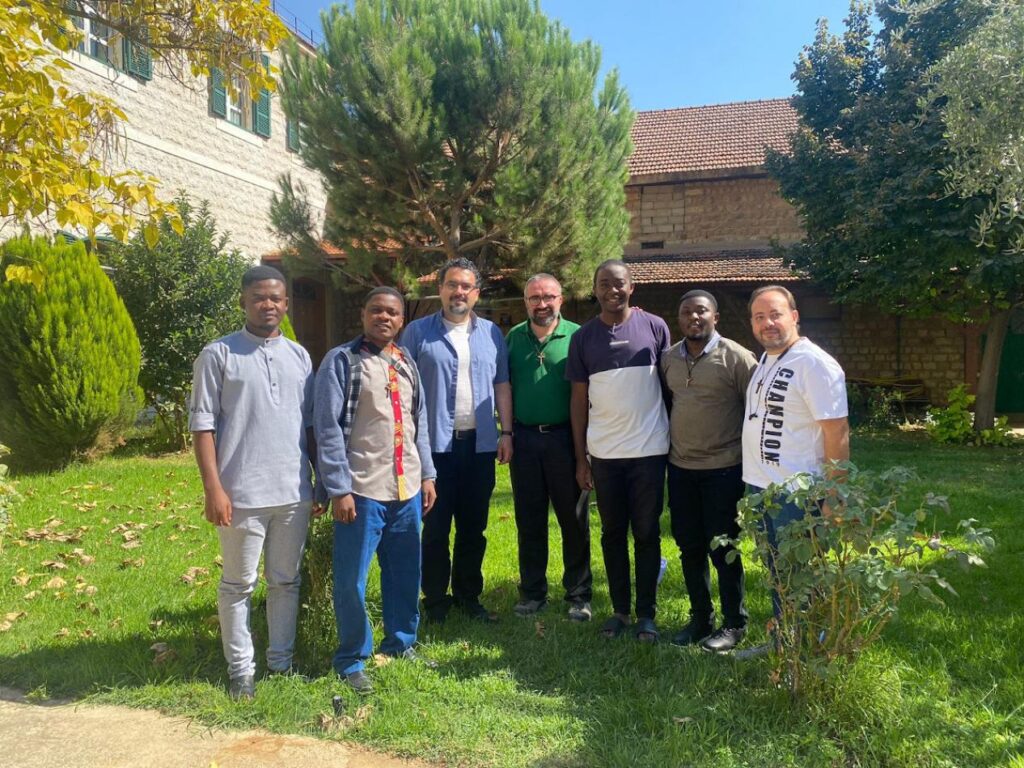
Father Diego expressed his sorrow, asking the universal questions of war: “Why? For what purpose? For whom?” He called Lebanon “a pearl of rare beauty” torn apart by the “cruelty of the powerful” and urged continued prayers for the people of Lebanon and other war-torn regions like Sudan.
Faith and Hope in Uncertain Times
Despite the danger, some Lebanese representatives remain steadfast in their resolve to attend the Vatican synod. Rita Kouroumilian, one of the delegates, declared, “God is my strength, we will not fear, and as God never abandoned us, he will not leave us now. If he wants us to attend the synod, we will go.”
The stakes are high for Lebanon’s religious leaders and their people, as the escalating violence threatens not only their lives but also their influence on the global Church’s decision-making process. With time running out, the patriarchs must decide whether to risk the perilous journey to Rome or miss out on a vital moment for their Churches in the ongoing synodal process.
The world watches and prays as Lebanon’s leaders and citizens alike navigate this dark chapter in their nation’s history.
Thank you for reading our article. You can keep up to date by subscribing to our magazine -New People.

